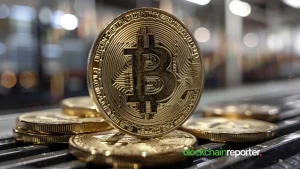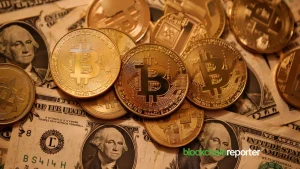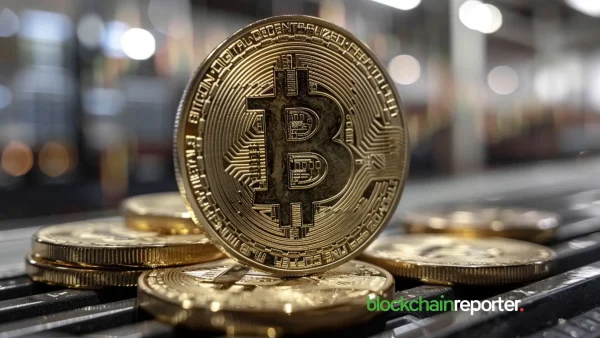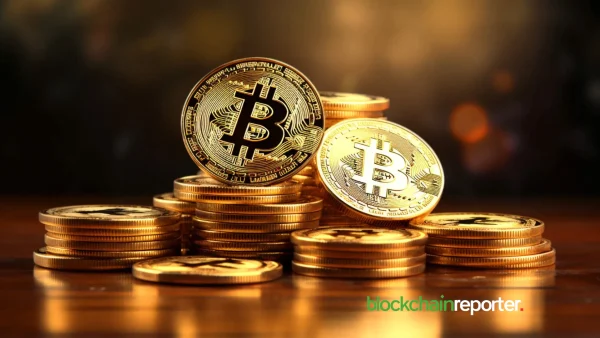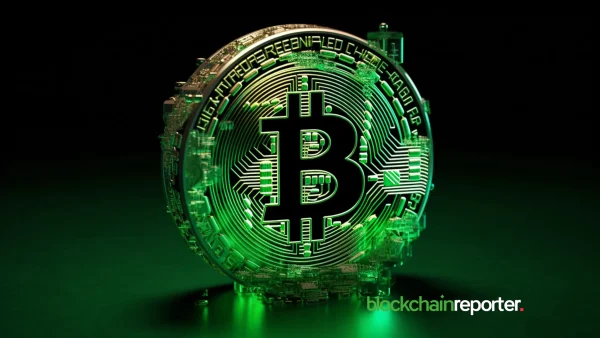
Speculation about China potentially loosening its ban on digital-asset trading has been dampened by a recent shakeup at the country’s central bank. Pan Gongsheng’s appointment as the top Communist Party official at the People’s Bank of China (PBOC) has reaffirmed policy continuity and served as a reminder to industry executives that the ban on crypto-related transactions remains firmly enforced.
Pan Gongsheng’s Appointment and Crypto Comments
Pan Gongsheng’s appointment as the top Communist Party official at the PBOC positions him as a potential candidate for PBOC governor and suggests a continuation of the institution’s policies. In 2021, the PBOC implemented a blanket prohibition on all crypto-related transactions, rendering them illegal. Pan’s appointment also brought attention to colorful comments he made during an earlier crackdown on crypto, where he cited an analysis by Eric Pichet, a professor at Kedge Business School, predicting the demise of Bitcoin.
Pan voiced his endorsement of regulatory measures against cryptocurrencies and expressed apprehension about the potential repercussions if China had not taken steps to control digital assets. The People’s Bank of China has yet to provide any official statement regarding Pan’s current stance on cryptocurrencies and the future of China’s ban on digital assets.
China’s Stance on Bitcoin
Based on his expertise and experience as a former central bank employee, David Qu, China economist at Bloomberg Economics, asserts that no PBOC governor would lend support to Bitcoin. Qu further emphasizes that the government’s primary focus lies in the development of the digital yuan, while senior officials outside the central bank maintain a critical view of Bitcoin.
Crypto Narratives and China’s Ban
The crypto industry often builds narratives that skeptics view as exaggerated. This tension is evident in projections related to Hong Kong and China. Some industry figures, such as Justin Sun and Cameron Winklevoss, have suggested that Hong Kong’s pro-crypto stance could indicate an easing of China’s ban. Changpeng Zhao, founder of Binance, noted the timing of a digital assets-related white paper released in Beijing before Hong Kong’s new crypto regulations took effect.
Nevertheless, crypto entrepreneurs such as Winklevoss and Zhao have encountered regulatory hurdles within the United States, while jurisdictions like Hong Kong, Dubai, and certain parts of Europe have embraced more favorable approaches. Vanessa Cao, the founder of venture-capital firm BTX Capital, opines that as an increasing number of countries adopt a more accommodating stance towards cryptocurrencies, China may eventually follow suit and gradually accept their presence.
Beijing’s Concerns and Crypto Activity
China’s stringent measures against crypto were primarily driven by concerns regarding money laundering, the environmental consequences of Bitcoin mining, and the potential for currency outflows. Pan, who currently leads the State Administration of Foreign Exchange and serves as a PBOC deputy governor, is involved in overseeing foreign-exchange regulations.
Despite the fact that certain individuals in China continue to participate in crypto-related activities as an alternative investment, the level of crypto engagement in the mainland is considerably lower compared to previous peaks. Chinese officials have consistently maintained a negative stance towards Bitcoin, indicating that the likelihood of relaxing the crypto ban in the near future is minimal.
Bitcoin’s price remained steady at $30,670 as of the time of writing, representing an 85% increase in 2023 but significantly below its peak of nearly $69,000 in 2021.
In conclusion, while industry executives and crypto enthusiasts have speculated about a potential shift in China’s stance on digital assets, the recent appointment at the People’s Bank of China and historical anti-Bitcoin comments by Pan Gongsheng indicate that the ban on crypto-related transactions is unlikely to be reversed in the near future. China remains focused on the development of the digital yuan and continues to have concerns about money laundering, the environmental impact of Bitcoin mining, and currency outflows.

